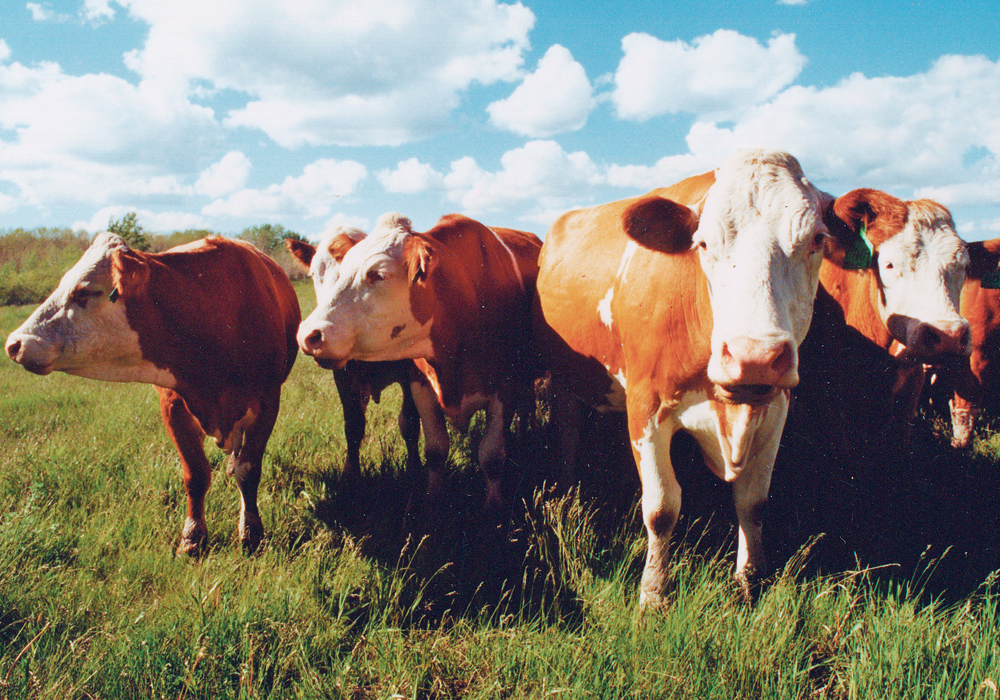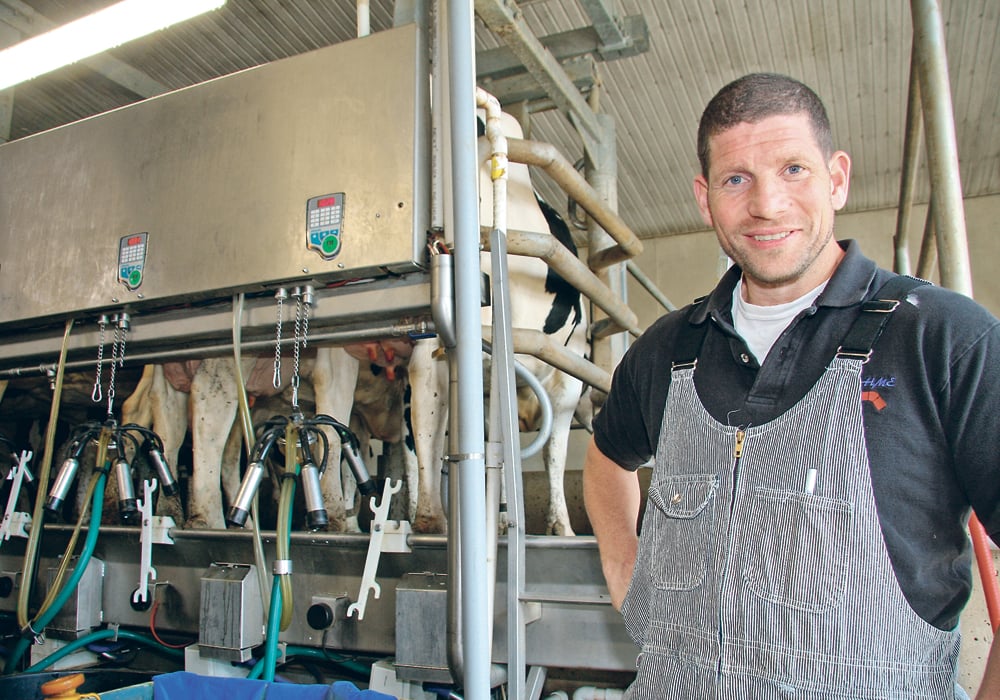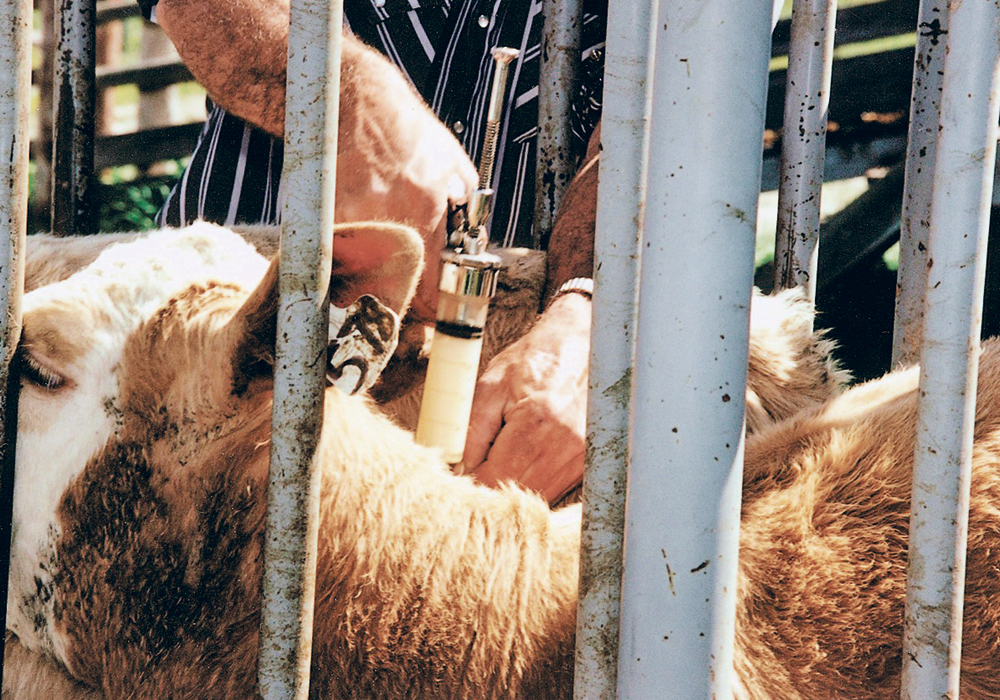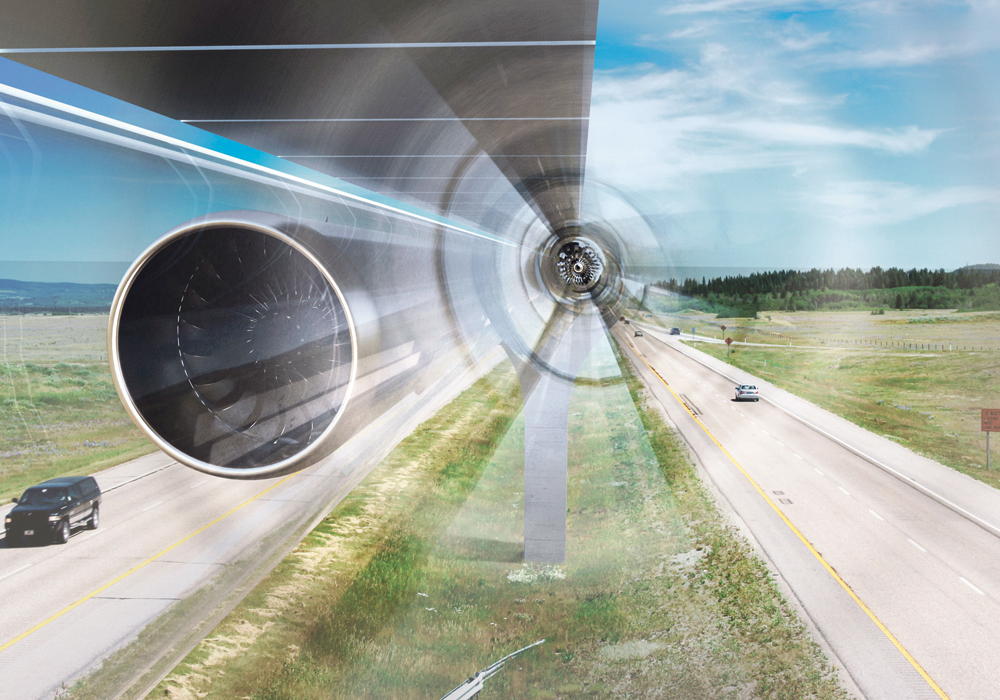Researchers at the University of British Columbia, Okanagan, have developed a biofuel production method they say is quicker, cheaper and safer than other methods.
It involves pre-treating agricultural crop waste with carbon dioxide at high temperature and pressure in water before it is fermented.
Cigdem Eskicioglu, an associate professor of engineering, said this process known as hydrothermal pre-treatment can produce biofuel in almost half the time as other methods.
“Methane is a biofuel commonly used in electricity generation and is produced by fermenting organic material,” she said. “The process can traditionally take anywhere from weeks to months to complete.”
Read Also

Beef check-off collection system aligns across the country
A single and aligned check-off collection system based on where producers live makes the system equal said Chad Ross, Saskatchewan Cattle Association chair.
But she, with colleagues in Europe and Australia, used the pre-treatment to speed that up. The idea is to break down larger molecules into smaller ones that can be fermented much more quickly.
Other stories in The 2017 Innovation Issue:
- New genetic tools offer way to restore cattle vigour
- Technology can help breed better cattle
- Biotech companies prospecting for microscopic gold mines
- Bee buzzes critical to calculating crop pollination
- Fungus could aid plant growth, reclaim oil sites
- Cracking the megapest genetic code
- Genetic mapping vs. genome sequencing
- French robot prowls the chicken coop so you don’t have to
- New laser technology proves successful for B.C. orchard
- High-tech deterrent devices protect crops from … intruding elephants?
- Diamondback moths focus of Cornell study
- VIDEO: Print your own parts?
- Bees may be serving up humanity’s next big food … and it isn’t honey
- Big doubts about big data
- The little plane that did
- Soil mapping soon to be more usable
- Managing fields could soon move to plant level
- GM pollen: it gets around
- Autonomous vehicles not on the radar for most farmers
- Farm wi-fi connectivity opens new world of possibilities
- Nanotechnology to alter animal health, food systems
- As big data comes to the farm, are policy makers keeping up?
- Farmers not rushing to grab digital tools: survey
- Connecting the DOTs
- Hands-free field test
- Researcher understands farmer doubts about hands-free farming
- The trouble with telematics
- Sensor sensibility
- The discovery that could shake up the beer industry
- Grow your own clothes
- Blockchain technology offers food safety, traceability and more
- Supercluster makes big innovation pitch
- Alternatives to livestock antibiotics are difficult to assess
- A revolution is coming
They compared traditional processes with the new method using wheat straw, rice straw, corn husks, biomass sorghum and Douglas fir bark. The result was faster hydrolysis rates of 20 to 30 percent during anaerobic digestion for the pretreated straw, sorghum and corn husks.
The treated Douglas fir bark produced methane 172 percent faster.
Eskicioglu said the potential to harness energy more efficiently opens a world of possibilities.
“Our new fermentation process would be relatively easy to implement on site and because the bioreactors can be much smaller, the costs can be kept low,” she said in a news release.
The process requires equipment and material already available on an industrial scale, she said, so retrofitting existing bioreactors or building new, smaller ones, can be easily done. She also said the new method is much safer because it doesn’t use or generate toxic chemicals.
Her findings were published in the September edition of Water Research.
“Results indicated that hydrothermal pretreatment is able to accelerate the rate of biodegradation without generating high levels of inhibitory compounds while showing no discernible effect on ultimate biodegradation,” said the study abstract.
Using organic waste from municipalities, industries and agriculture to produce biofuel isn’t a new concept but production hasn’t caught on as well as early proponents had hoped.
Eskicioglu, who grew up in Turkey, completed her environmental engineering doctorate at the University of Ottawa in 2006. She heads UBC Okanagan’s bioreactor technology group.

















